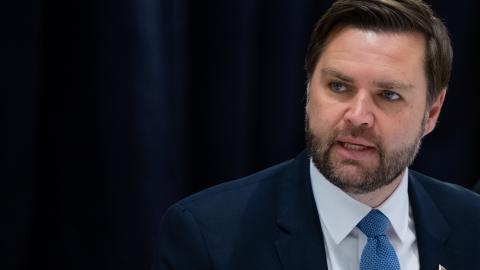It was a dramatic week in Europe. President Trump reached over the heads of North Atlantic Treaty Organization allies and Ukraine to begin direct conversations with Vladimir Putin. At the Munich Security Conference, Vice President JD Vance highlighted the political divide between Mr. Trump’s America and the European Union while doing everything possible to humiliate his German hosts. As shell-shocked European leaders gathered in Paris for an emergency summit, it was an open question whether the trans-Atlantic West will survive as an active force in global affairs.
Behind all this is a brutal and ugly fact. Despite cheerleading by intellectuals and democracy activists and concern in countries like Poland and the Baltic states, leading Western governments on both sides of the Atlantic are unwilling to provide Ukraine with enough aid to make victory a realistic prospect, and Mr. Putin knows it. Given these realities, the U.S.-German partnership driving NATO’s war policy wanted to engineer a soft defeat for Ukraine that would avoid further dividing the West. Washington and Berlin hoped that Ukrainians would tire of fighting a seemingly hopeless war and reach out to Mr. Putin for peace. A united West could congratulate itself on its heroic devotion to democratic values, and the war would end. For now.



















